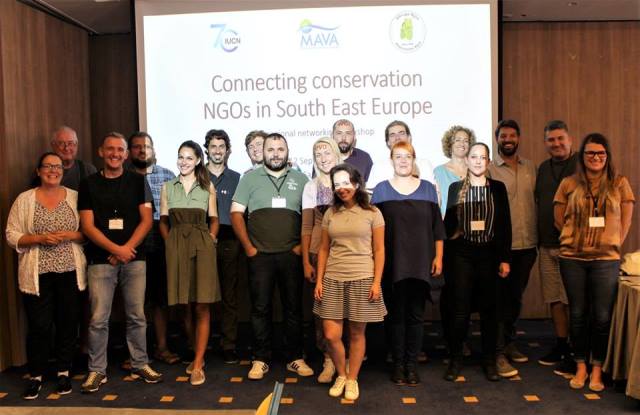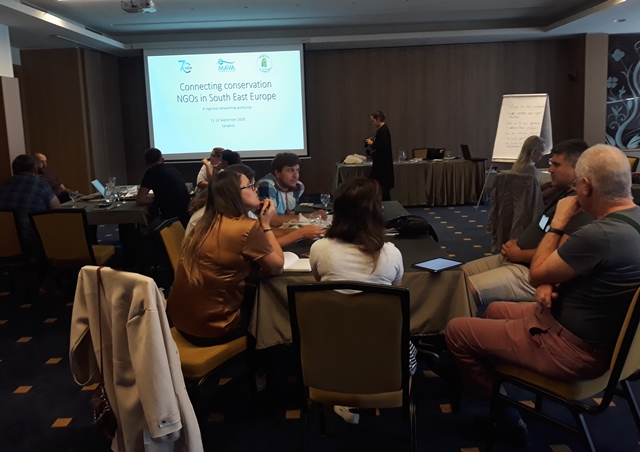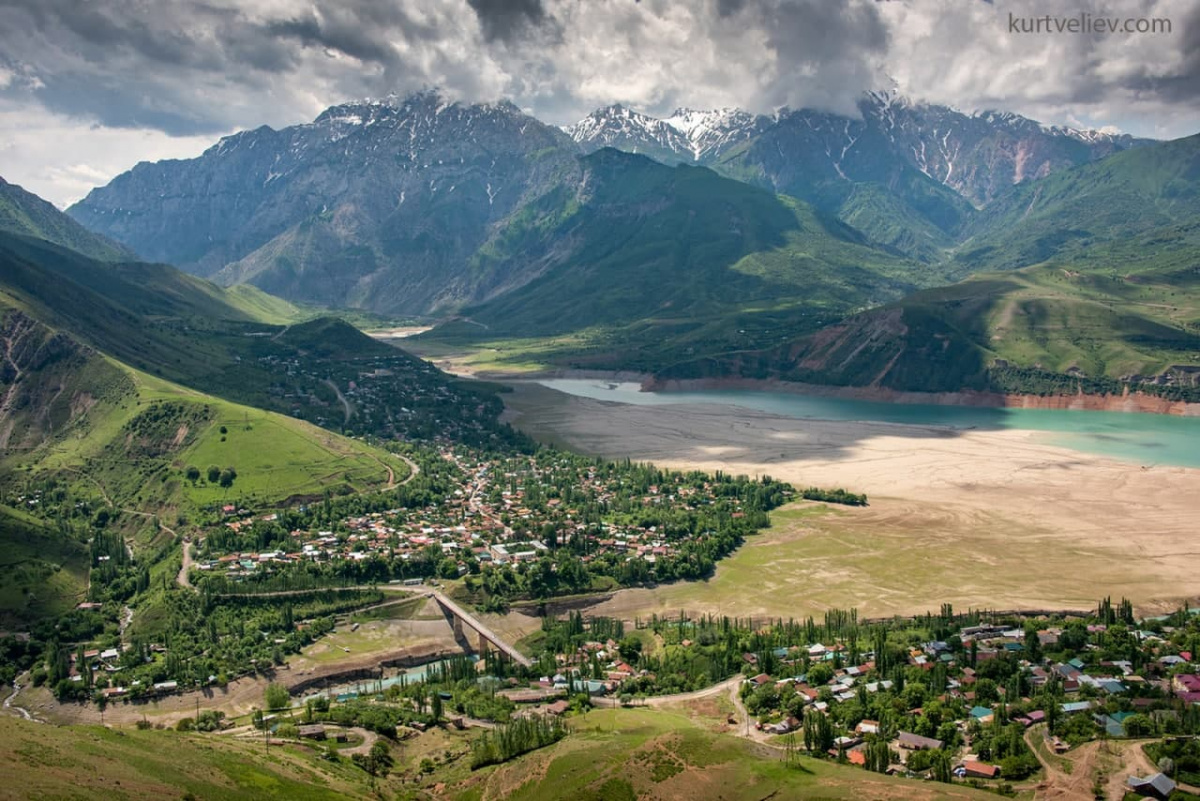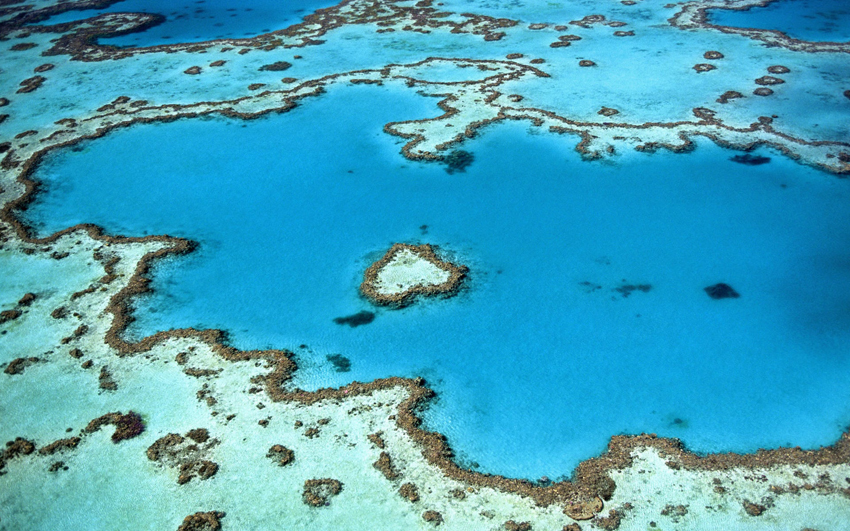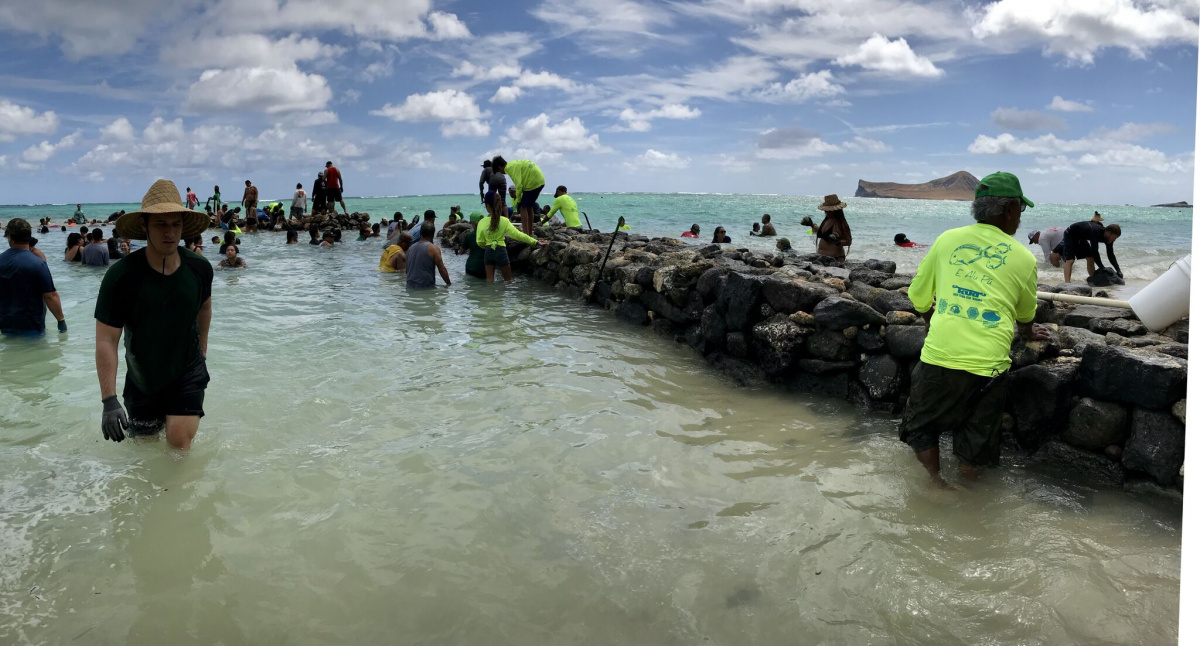Connecting conservation NGOs in South East Europe
Networking among NGOs is vital, as it enables an exchange of their experiences, tools and skills. A well-networked group of conservation NGOs avoids duplication of efforts and stands stronger in policy negotiations, of high importance for achieving effective protection. The benefits of an active, well-focused and lean NGO network for conservation outcomes are significant, according to IUCN.
A workshop held mid-September in Sarajevo, Bosnia and Herzegovina, gathered eleven NGOs from South East Europe to explore their common areas of interest and options for future collaborations as well as to identify overlaps between their and potential funders’ thematic priorities. Through a coordinated effort, conservation NGOs take an active role as catalysts for change”, said Maarten Hofman, Species Conservation Officer at IUCN’s Regional Office for Eastern Europe and Central Asia. “We explored ways to improve communication between NGOs and shared ideas for future collaborations on actual challenges conservation NGOs are facing in the region”, he summarized.
The engaging discussion centred around the idea of the regional network development, and the scope, qualities and roles that such a network should have in order to be of best use for the participating organisations. A few options for its operating structure were suggested, taking into account on-going networking initiatives. A list of broad capacity areas deemed important for the participating organisations was compiled (e.g. biodiversity monitoring, financial management, fundraising, Geographical Information Systems, etc). The participants identified the thematic priorities, such as biodiversity conservation, advocacy and climate change, and evaluated their regional coverage. Three of the most broadly covered themes were Protected Areas, freshwater, and Natura2000, and each of them was discussed further in groups, to identify potential common project ideas.
Four regional organisations working on or interested in networking with NGOs working on coastal and terrestrial biodiversity conservation in the region joined the workshop. Deutsche Gesellschaft für Internationale Zusammenarbeit (GIZ) GmbH and the Critical Ecosystem Partnership Fund (CEPF) offered a regional perspective of potential funding agencies, while each of the participating NGOs had a chance to present their organisations’ mission and thematic priorities.
The regional workshop was organized by IUCN ECARO and Association Hyla, an IUCN Member from Croatia, with financial support from the MAVA foundation through the project “KARST – The Dinaric Arc Karst biodiversity conservation programme”.
